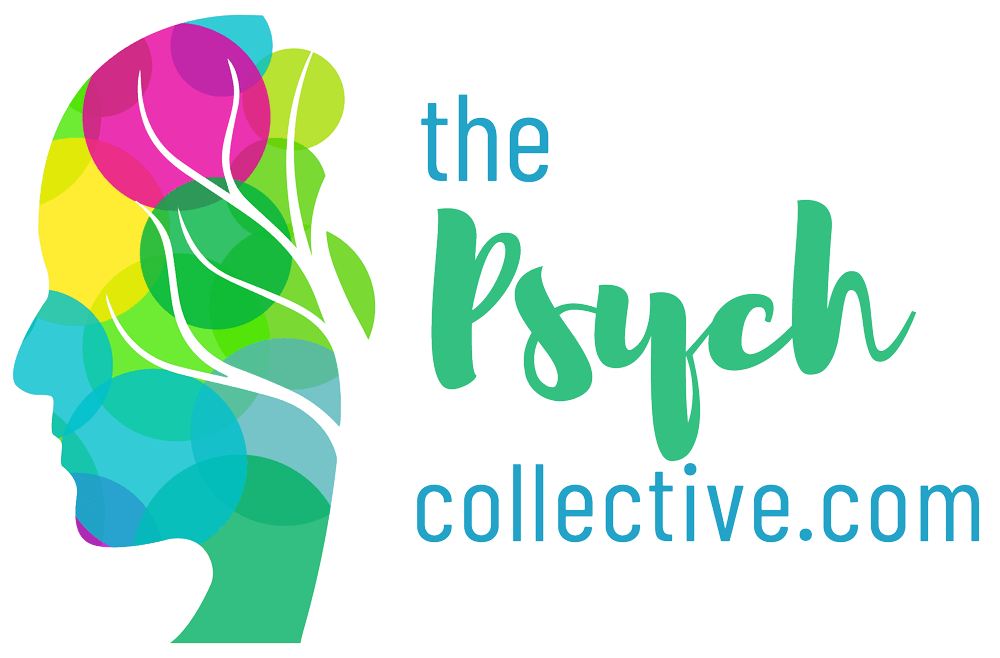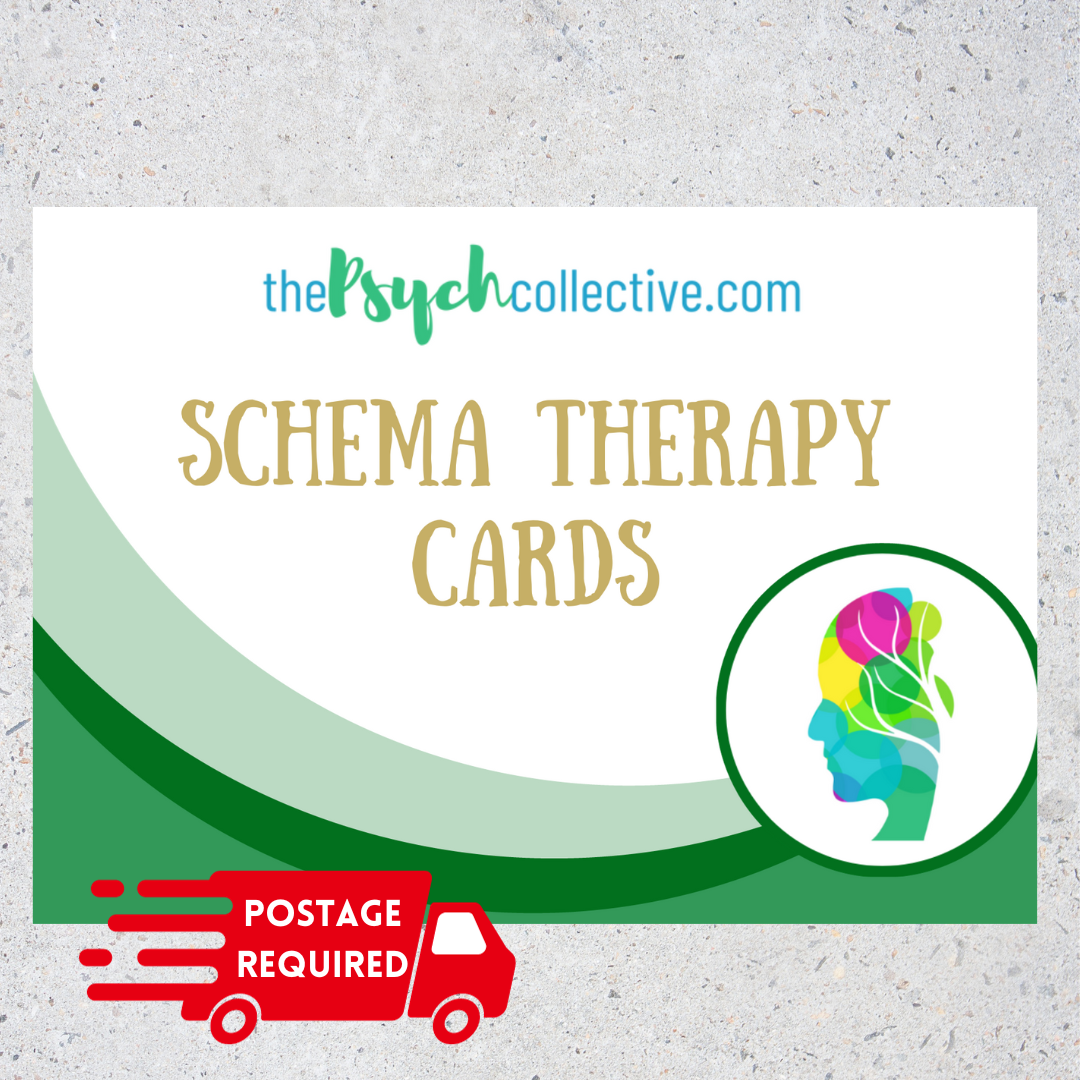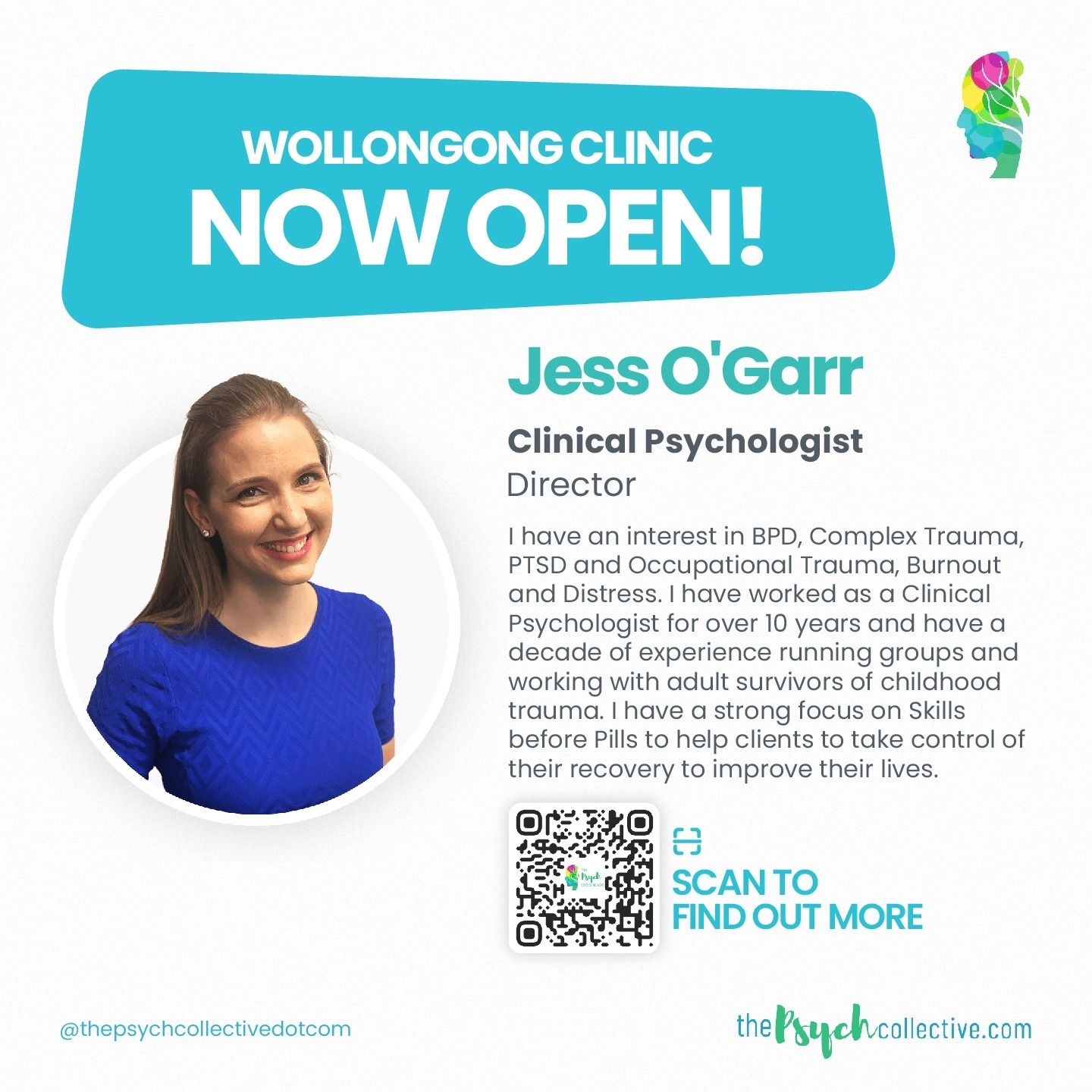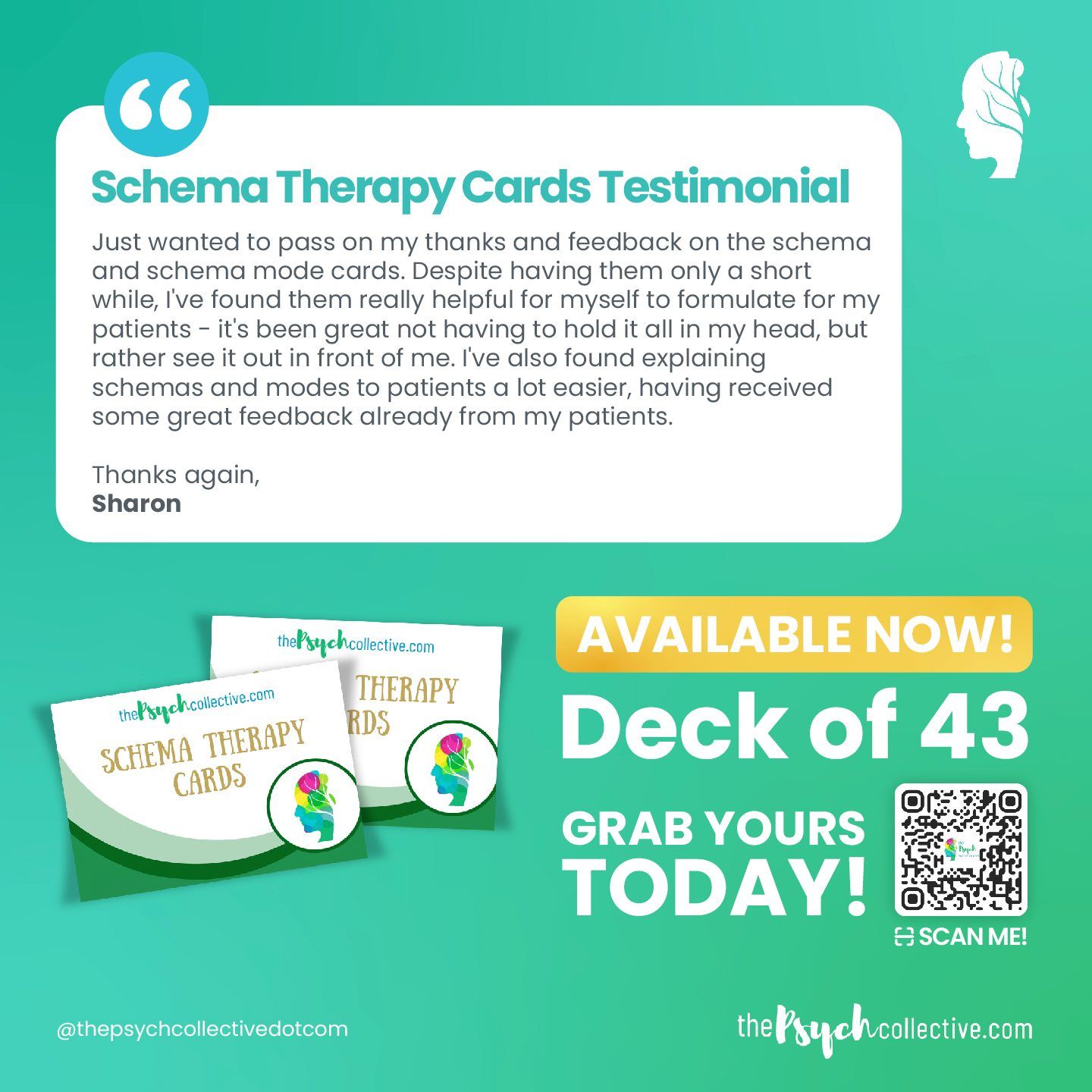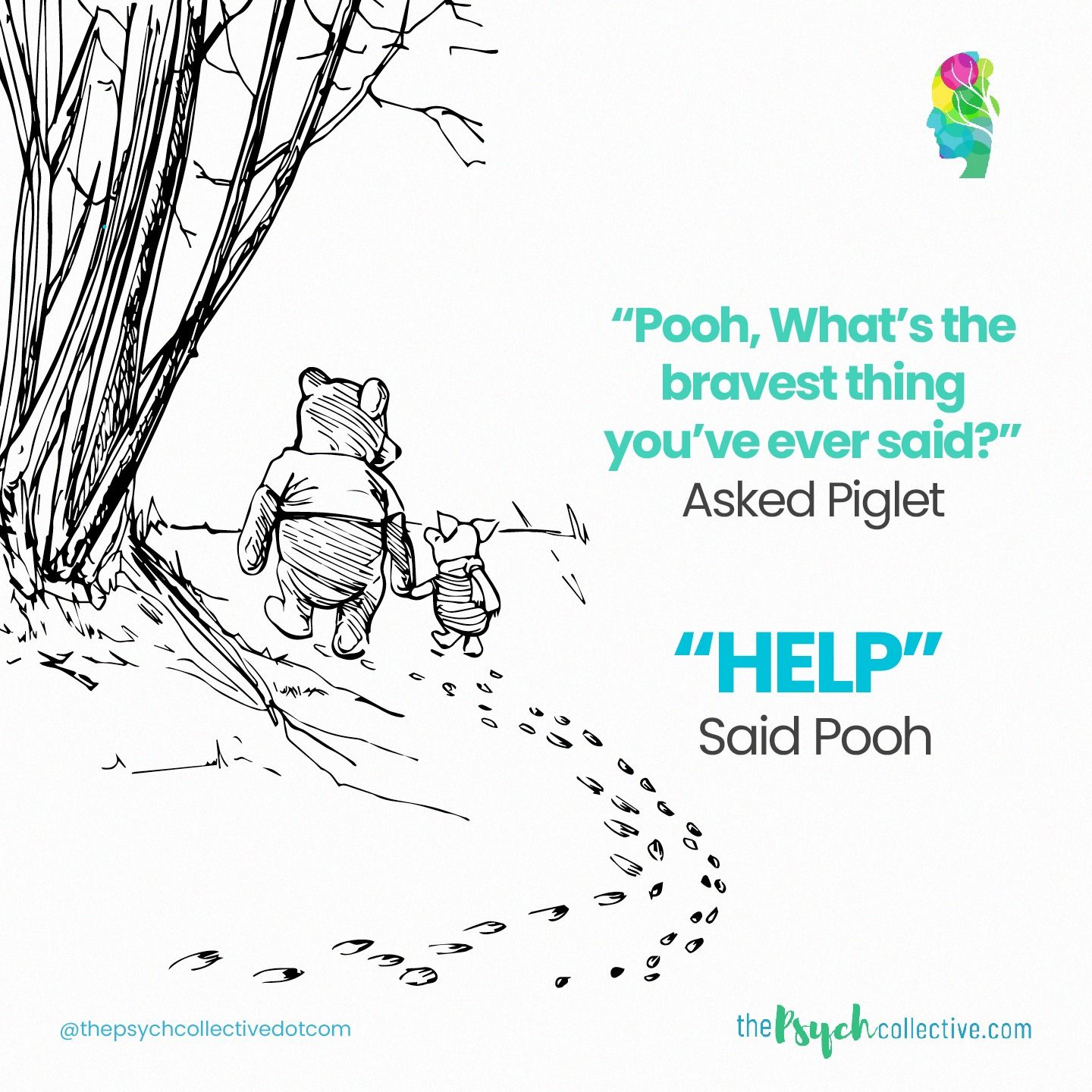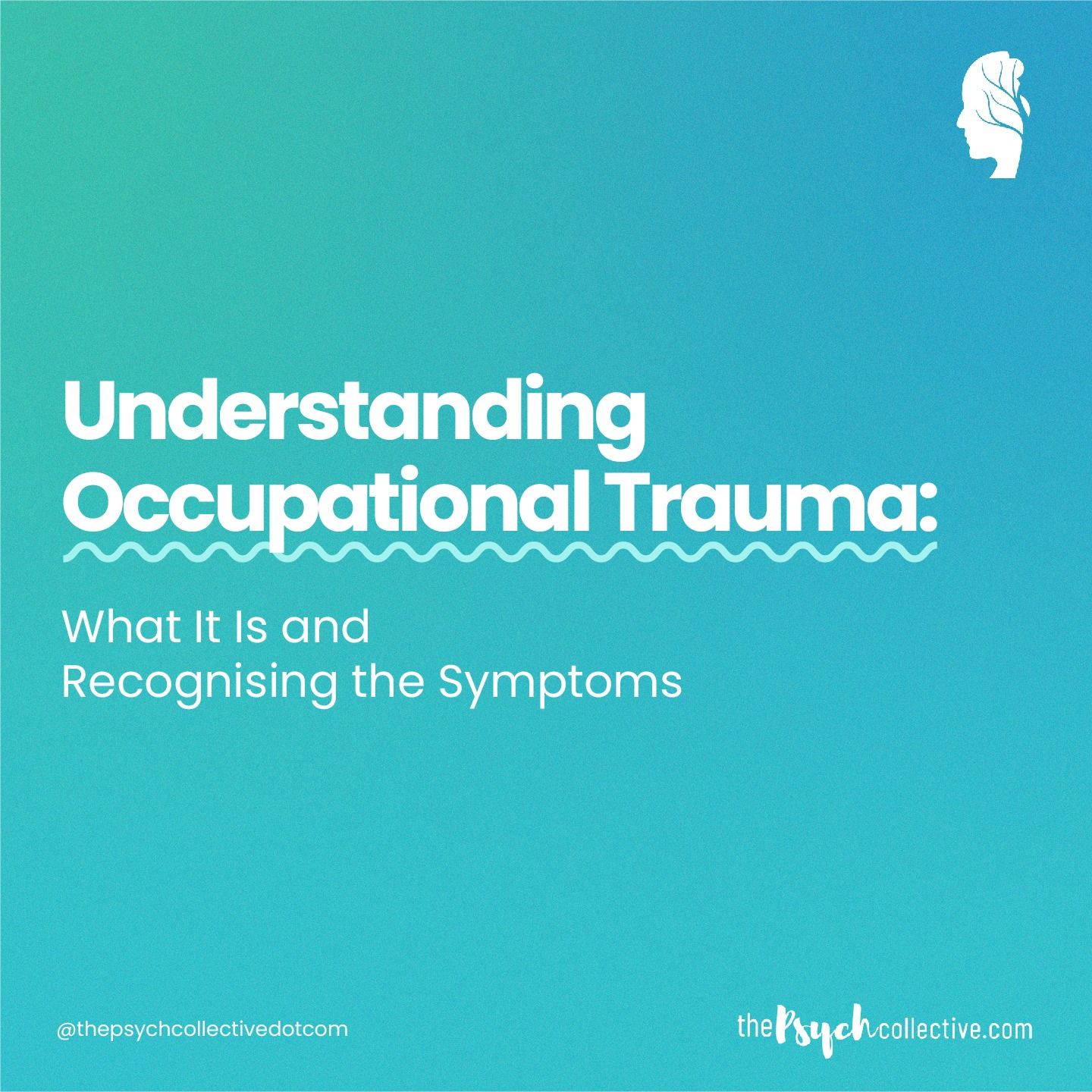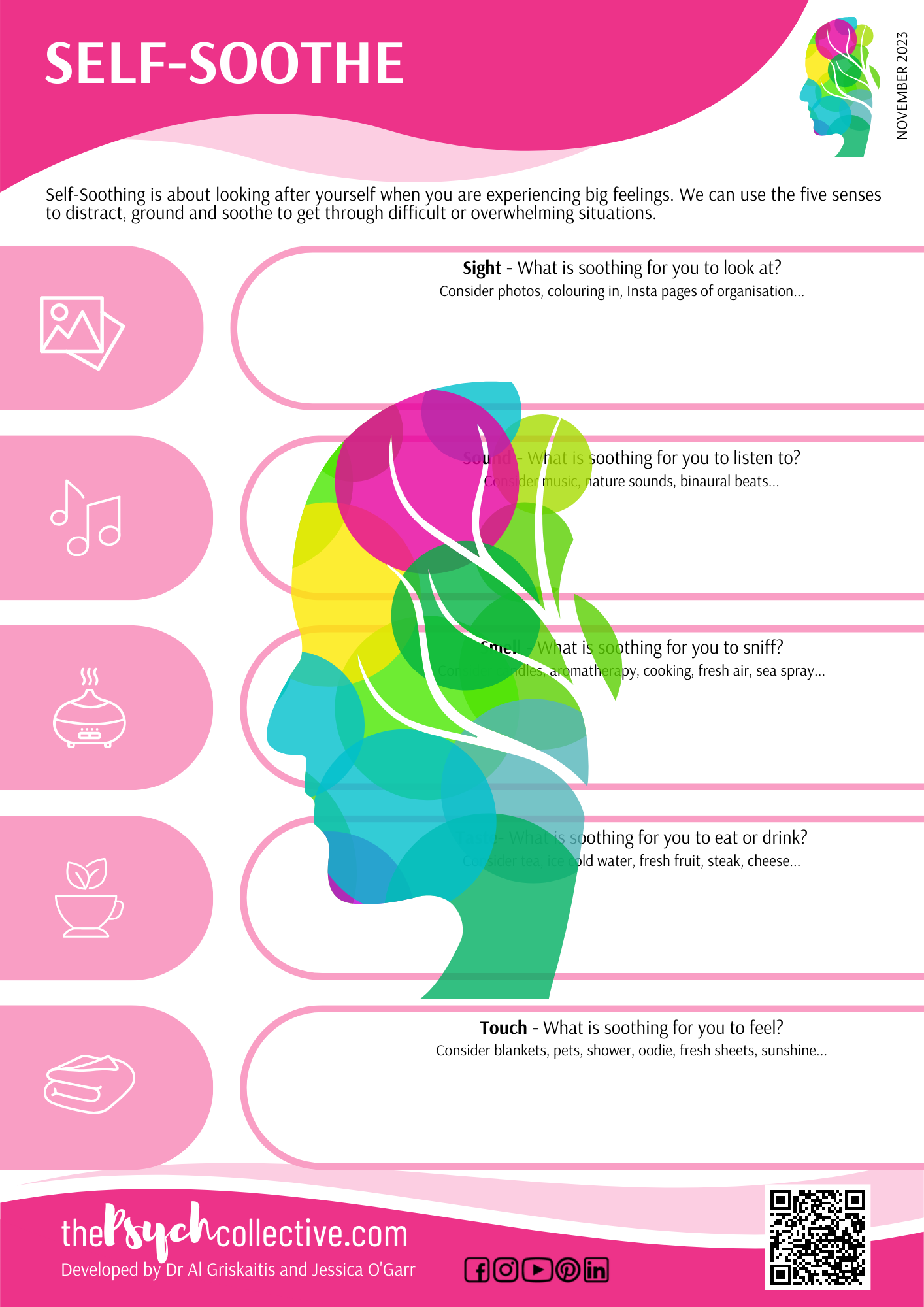Schema Therapy Cards - Deck Of 43
AU$39
We've created a deck of 43 cards that will assist anyone who is using Schema Therapy. These cards include:
- 22 maladaptive schema cards
- 15 adaptive schema cards
- 6 needs cards
The maladaptive schema cards give a description of the schema, common beliefs and associated schema modes. On the reverse, the cards show the Healthy Adult Response with reframed thoughts and behaviours for getting your needs met.
The adaptive schema cards give a definition of the schema and examples of healthy beliefs relating to this positive schema. On the reverse, there is a skill to practise to strengthen your adaptive schema.
The needs card list examples of when needs are met or unmet in childhood and how these relate to the development of adaptive and maladaptive schemas.
These cards can help patients to focus on the schemas that relate to them, without being overwhelmed by the full list of 20. The three decks of cards are connected, so you can lay out the process from maladaptive schema and unmet need, and then flip the cards over to show Healthy Adult with met needs. The skills give a reminder of how to increase positive schemas for the Healthy Adult.
Shipping is available internationally. These cards are only available in hard copy.
What makes Schema Therapy different from traditional Cognitive Behavioral Therapy (CBT):
Schema therapy is a form of psychotherapy that blends elements from cognitive-behavioral therapy, attachment theory, psychodynamic concepts, and emotion-focused therapies. It was developed by Dr. Jeffrey Young and is particularly effective in treating personality disorders and chronic mental health issues.
Here’s a comparative table showcasing how schema therapy provides a more integrated and emotionally deep approach, particularly suited for more complex cases, while CBT offers a structured, problem-solving approach that is widely applicable for a variety of psychological issues.
| ASPECT | SCHEMA THERAPY | COGNITIVE BEHAVIORAL THERAPY (CBT) |
|---|---|---|
| Foundational Theories | Combines elements from cognitive-behavioral therapy, attachment theory, psychodynamic theory, and emotion-focused therapies. | Primarily based on cognitive and behavioral principles. |
| Focus | Targets early maladaptive schemas that originate in childhood and continue into adulthood. | Focuses on changing maladaptive thoughts and behaviors in the present. |
| Emotional Processing | Emphasizes deep emotional processing, using techniques like imagery and chair work. | Generally focuses on cognition and behaviors rather than deep emotional processing. |
| Therapeutic Relationship | Uses the therapeutic relationship as a central mechanism of change through "limited reparenting." | Views the therapeutic relationship as supportive but not central to change. |
| Duration | Typically long-term, addressing deep-rooted emotional patterns and schemas. | Often short-term, aimed at quick problem-solving skills. |
| Techniques | Integrates techniques from various therapies to address schemas, emotional needs, and behaviors. | Uses specific techniques like cognitive restructuring and behavioral experiments. |
| Suitability | Especially effective for personality disorders, chronic mental health issues, and cases where other therapies have failed. | Effective for a broad range of psychological issues, especially anxiety and depression. |
| Role of Therapist | Therapist often acts in a parental role, providing safety and validation lacking in the patient’s childhood. | Therapist acts as a coach and guide, helping the patient to modify thoughts and behaviors. |
Testimonials from around the world
Meet Jess & Al of Psych Collective
Jessica O'Garr is a dedicated Clinical Psychologist with over a decade of experience, known for her specialized work in trauma therapy, Dialectical Behavior Therapy (DBT), and sleep programs. As an APHRA-accredited supervisor, she is deeply passionate about empowering individuals through comprehensive education and possesses extensive expertise in guiding DBT facilitator supervision.
Dr. Al Griskaitis is a seasoned Psychiatrist with 17 years of experience, who has honed his focus on managing occupational PTSD among military veterans and police officers. His approach extends well beyond conventional medication, employing personalized strategies for comprehensive trauma management. With his proficiency in telepsychiatry, Dr. Griskaitis has effectively treated a wide range of conditions, including adjustment disorders, anxiety, ADHD, bipolar disorder, and depression, thereby making significant strides in mental wellness advocacy.
It is our aim to offer actionable resources and teach real skills to help people make meaningful change in managing mental health issues, especially for those who can’t access other help.
